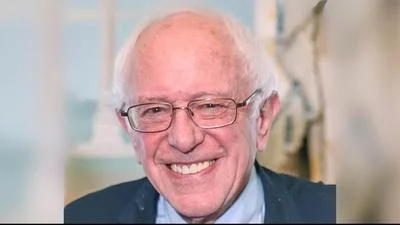U.S. Senate Majority Whip Dick Durbin, Chair of the Senate Judiciary Committee, recently met with NCAA President Charlie Baker to address the issue of name, image, and likeness (NIL) rights for college athletes. The meeting aimed to discuss proposals for modernizing Division I athletics in light of the evolving landscape of collegiate sports.
Durbin emphasized the importance of fair compensation for college athletes, stating, "College sports is a big business that generates even bigger profits, yet little of this money makes its way to the athletes who made these record-breaking profits possible." He highlighted the fact that college athletes are often featured in promotional campaigns by universities but are prohibited from being compensated for the use of their name, image, and likeness.
The discussions between Durbin and Baker focused on proposals that would enable schools to enter into NIL contracts directly with college athletes and provide them with direct financial compensation. However, Durbin also stressed the need for accountability, ensuring that schools entering into such contracts abide by Title IX regulations.
The issue of NIL rights for college athletes has gained significant attention in recent years. Last October, the Senate Judiciary Committee held a hearing titled "Name, Image, and Likeness, and the Future of College Sports," which included testimony from Baker. The hearing aimed to explore various NIL legislative proposals and determine the best course of action for the well-being of college athletes.
The NCAA, athletic conferences, and members of Congress have been actively advocating for a federal standard for college athletes' NIL rights. Traditionally, college athletes were prohibited from profiting from their NIL without violating NCAA rules. However, the Supreme Court's June 2021 decision in NCAA v. Alston declared that the NCAA had violated federal antitrust law by restricting education-related payments to college athletes.
In response to the ruling and pending state laws allowing college athletes to profit from their NIL, the NCAA shifted its approach and adopted a policy that defers largely to state NIL laws. As a result, there is now a patchwork of NIL rules across the nation.
The meeting between Durbin and Baker signifies a commitment to addressing the complexities surrounding NIL rights in collegiate sports. By engaging in discussions and examining proposals, the aim is to strike a delicate balance between fair compensation for college athletes and preventing any exploitation by collectives.
The outcome of these discussions and potential legislative actions will shape the future of college sports and ensure that the athletes who contribute to the success and profitability of the industry are fairly compensated for their contributions.









